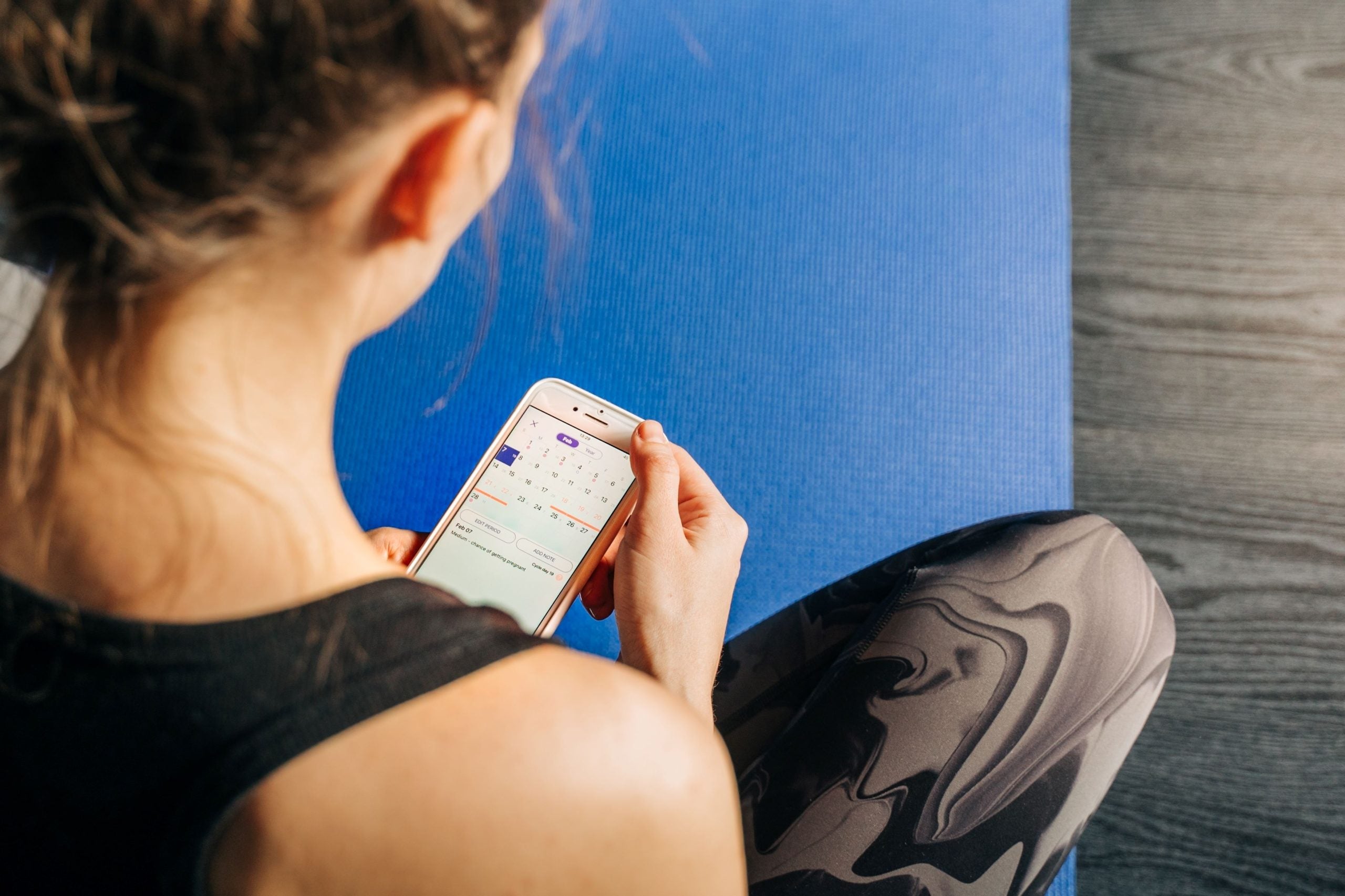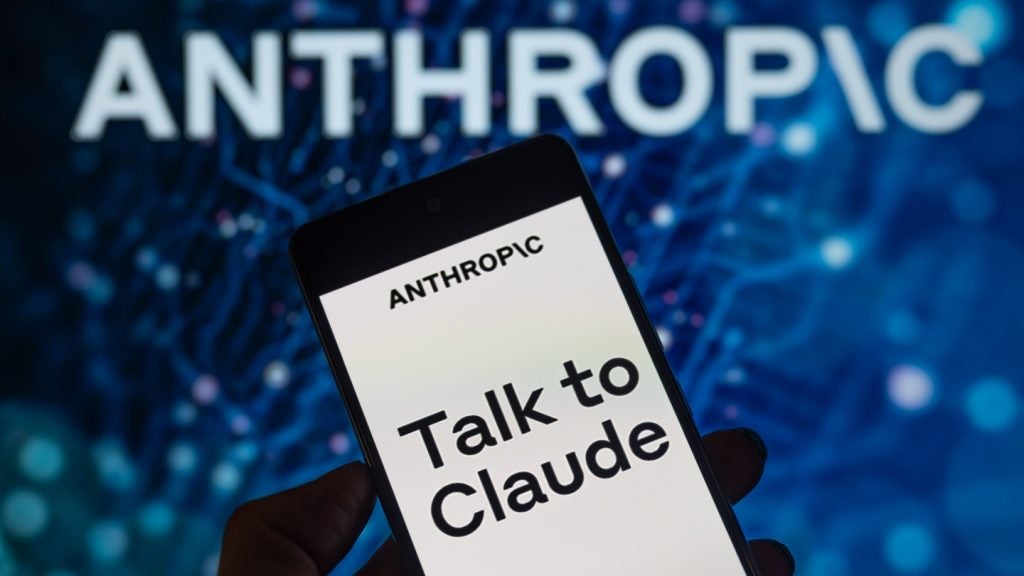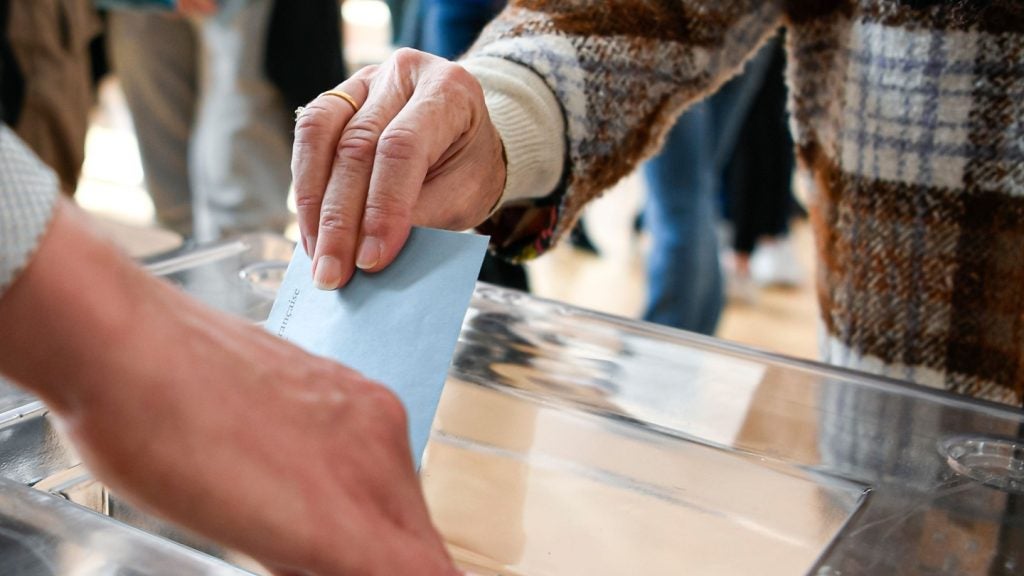
More than half of women surveyed in a poll commissioned by the UK Information Commissioner’s Office (ICO) said they were concerned about how their data was used and stored.
Out of the 1,152 UK women the ICO surveyed, 57% said they were worried about the information they had provided. As well as this, 59% said they had flagged concerns over data transparency.
The apps plot menstrual cycles and claim to calculate ovulation windows or the best time to conceive.
The poll found that a third of women have used period-tracking apps.
Emily Keaney, deputy commissioner of regulatory policy at the ICO, said: ““These statistics suggest data security is a significant concern for women when it comes to choosing an app to track their periods or plan or prevent pregnancy.
“That’s not surprising, given the incredibly sensitive and personal information involved […] As with all health apps, we would expect organisations to safeguard their users’ privacy and have transparent policies in place.”
How well do you really know your competitors?
Access the most comprehensive Company Profiles on the market, powered by GlobalData. Save hours of research. Gain competitive edge.

Thank you!
Your download email will arrive shortly
Not ready to buy yet? Download a free sample
We are confident about the unique quality of our Company Profiles. However, we want you to make the most beneficial decision for your business, so we offer a free sample that you can download by submitting the below form
By GlobalDataThe research also showed over half of people who use the apps believed they had noticed an increase in baby or fertility-related adverts since signing up. While some found the adverts positive, 17% described these adverts as distressing.
The ICO is now calling upon users to come forward with their experiences in an evidence survey. The regulator has also contacted period tracking apps to find out how they are processing user data.
Healthtech companies have come under fire in recent months for how they store and process user information. In August, privacy advocate group the European Centre for Digital Rights (NOYB) filed a complaint against Google-owned Fitbit over its “unlawful” data collection and user consent practices.
Femtech is, however, a booming sector. The global femtech market was valued at $5.79bn in 2022. According to Fortune Business Insights, the market will grow from $6.69bn in 2023 to $20.59bn by 2030, representing a compound annual growth rate of 17.4%.
Despite this, women’s rights groups fear that data harvested by period tracking apps could be permissible as evidence in places where abortion is criminalised. Following the overturning of Roe V. Wade last year, there were calls to delete menstrual trackers.
A 2019 investigative piece by the Wall Street Journal found that tracking app Flo had shared data with Facebook when a user was on their period or if they intended to get pregnant.







